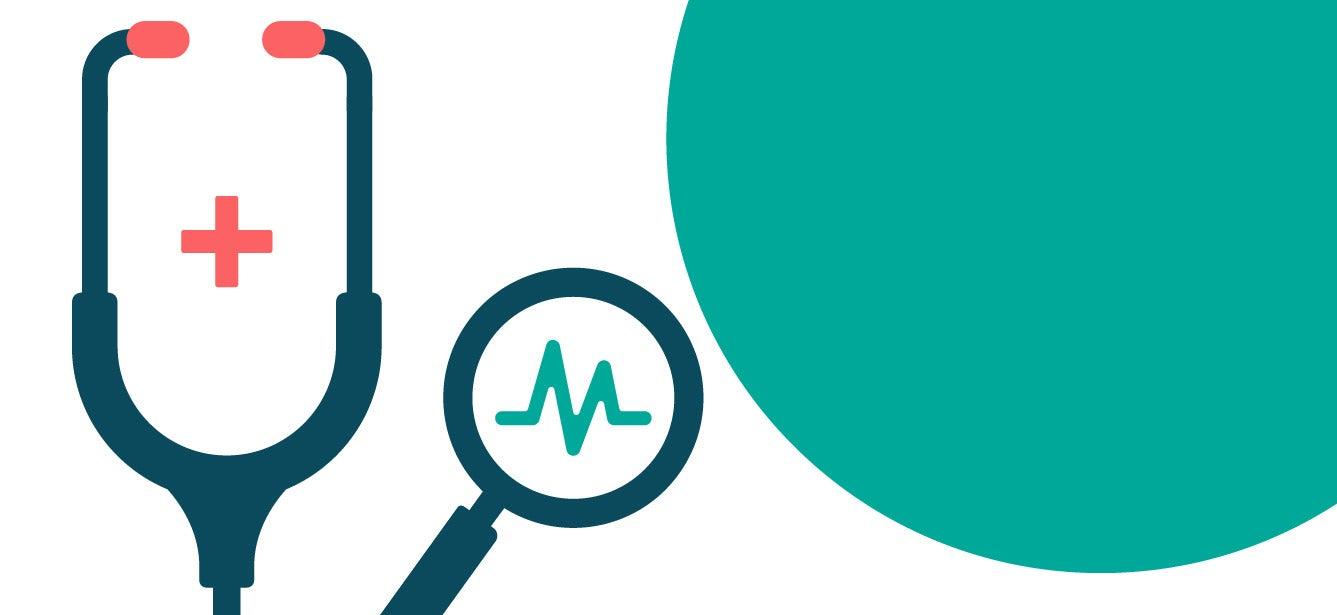
Related Topics
Medicare—the government health insurance program for adults age 65 and up and younger people with certain disabilities—goes by many names. One term you might hear often is “original Medicare.”
What is original Medicare?
Original o refers to Medicare Parts A and B, which form the foundation of Medicare coverage. It may also be called “traditional Medicare” or “fee-for-service” Medicare. Original Medicare plans are typically offered by a private company authorized by Medicare to provide benefits to enrollees.
If you're trying to decide if original Medicare is right for your health care needs, the first step is understanding the scope of coverage it provides.
What does original Medicare cover?
Traditional Medicare covers doctor, hospital, skilled nursing facility, or outpatient treatment clinic treatment if Medicare assignments are accepted.
Does Original Medicare pay for prescriptions? No, it does not. If you have traditional Medicare, you need to purchase a separate Medicare Part D plan for prescription drug benefits. Some people also choose to purchase a Medigap plan to provide supplemental coverage to Original Medicare. Medigap can help cover out-of-pocket expenses such as deductibles and coinsurance in order to make your health care costs more manageable.
What is the difference between Medicare Part A and B?
Parts A and B each cover different aspects of health care. They’re designed to complement one another in order to provide a comprehensive scope of coverage for older adults.
- Part A:Hospital Insurance
Pays for hospital care and some of the costs for a stay in skilled nursing facilities and health care at home. Also covers hospice care for those who are terminally ill. - Part B: Medical Insurance
Pays for doctors’ services like screenings and lab tests, outpatient hospital care, and home health care, which is not covered by Part A.
The following charts provide more coverage details.
What do Medicare Parts A and B cover?
Original Medicare provides a broad scope of coverage that includes most medically necessary services and supplies in a variety of health care settings.
| Part A | Part B |
|---|---|
| Hospital care | "Welcome to Medicare" exam prevention visit* |
| Skilled nursing facility care | Annual "Wellness" visits every 12 months* |
| Short-term nursing home care | Laboratory tests i.e., X-rays and blood work |
| Home health care services | Medical equipment i.e., wheelchairs and hospital beds |
| Hospice care | Orthotics and prosthetics |
| Mental health care | |
| Ambulance services |
*If additional tests or services are needed, you may have to pay coinsurance, and the Part B deductible may apply.
What do Medicare parts A and B NOT Cover?
“What does Medicare not cover?” is a common question among older adults. You might be wondering, “Does Medicare cover cataract surgery?” or “Does Medicare cover acupuncture?”
When weighing your Medicare options, it's important to know what types of health care services do not fall under Parts A and B (see chart below). In these instances, you'll have to pay for services out of pocket unless you have another type of health care insurance.
| Annual physical exams, except for a one-time "Welcome to Medicare" exam when you join Medicare and an annual "Wellness" visit every 12 months |
| Long-term nursing home care for more than 100 days |
| Other types of long-term care (e.g. assisted living, memory care) |
| Acupuncture, naturopathy, massage therapy, and other alternative therapies |
| Routine foot care |
| Cosmetic surgery |
| Hearing aids and fitting exams |
| Routine dental care and dentures |
| Routine vision care |
| Concierge health care |
| Care outside the United States |
Need help choosing a Medicare plan?
Navigating all your Medicare choices on your own can be challenging. We’d like to help by connecting you with a licensed Medicare benefits adviser who can walk you through your options, answer your questions, and help you make informed coverage decisions. Talk to one of our broker partners today.



